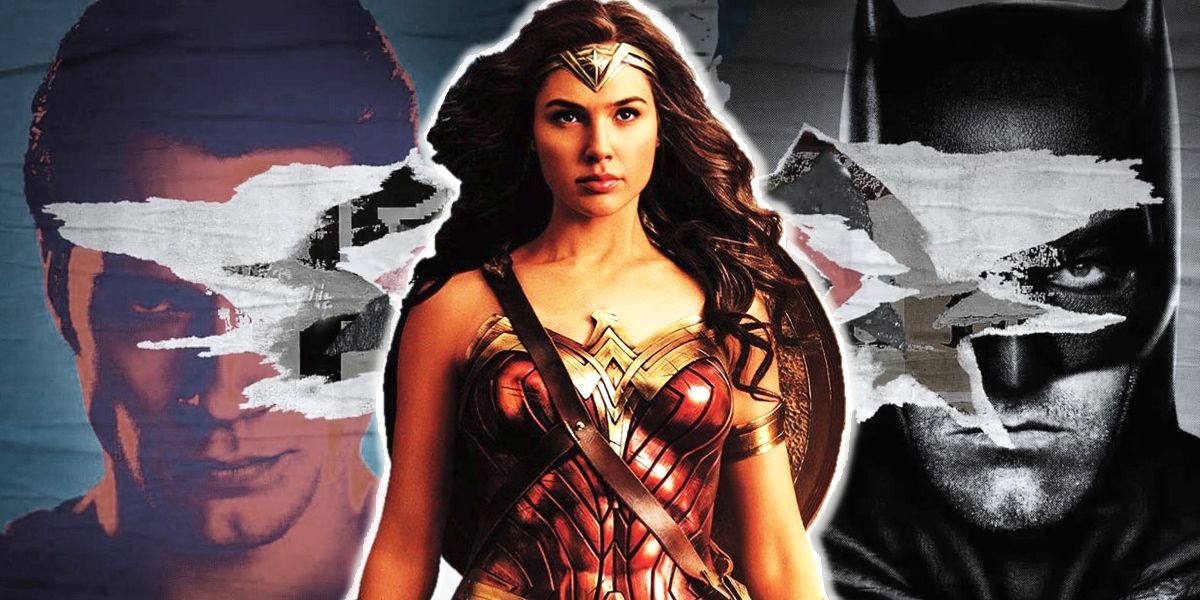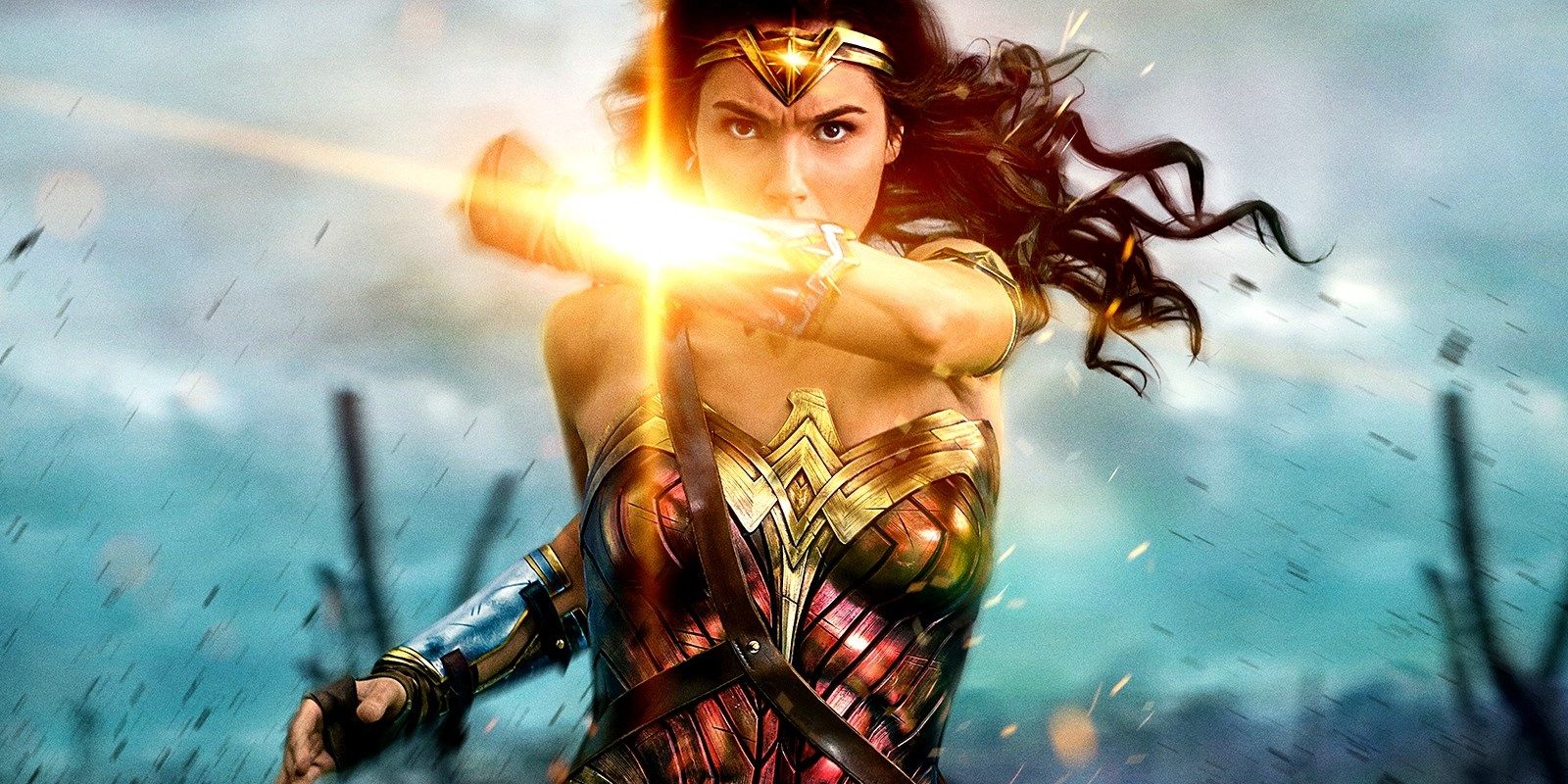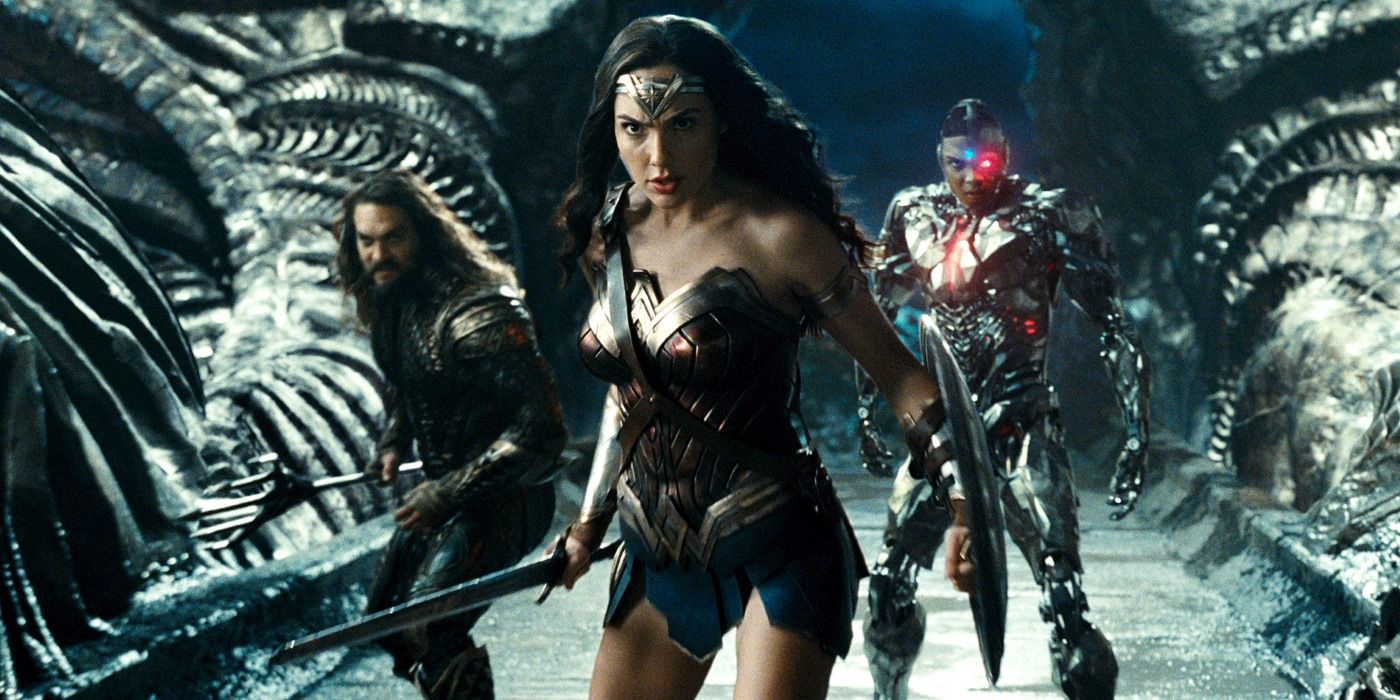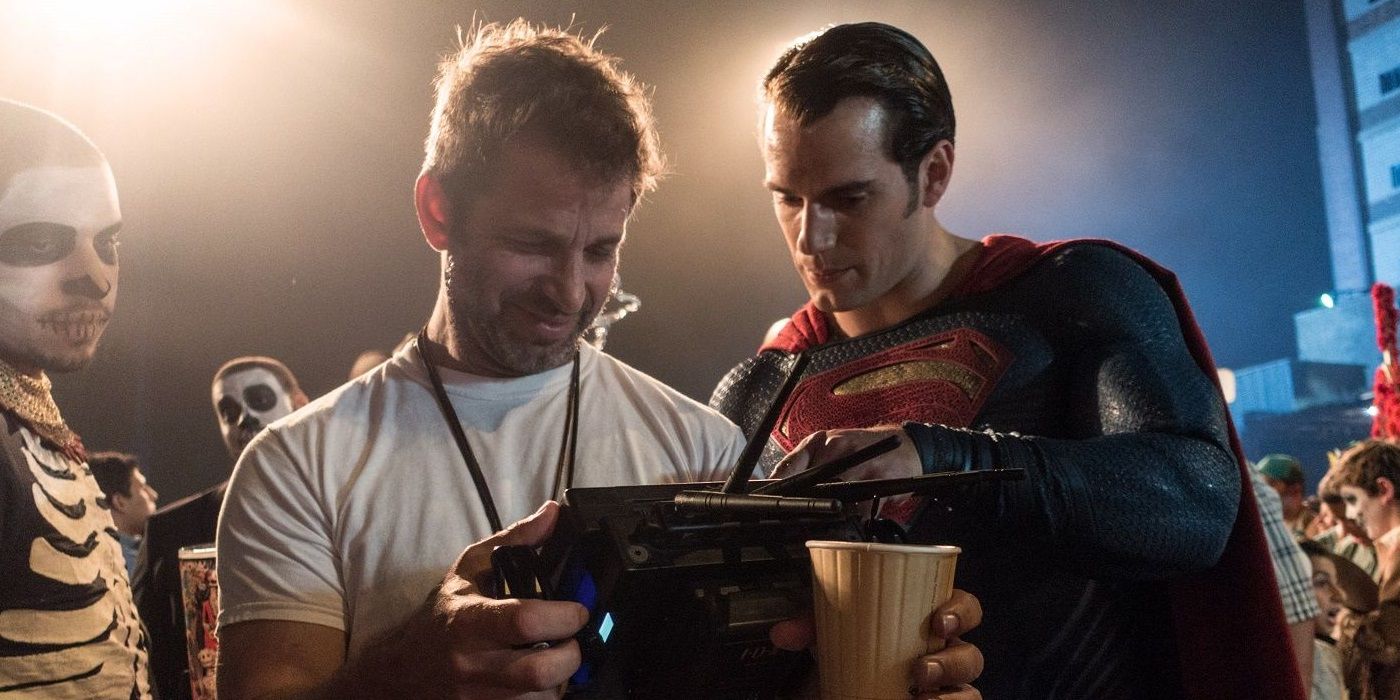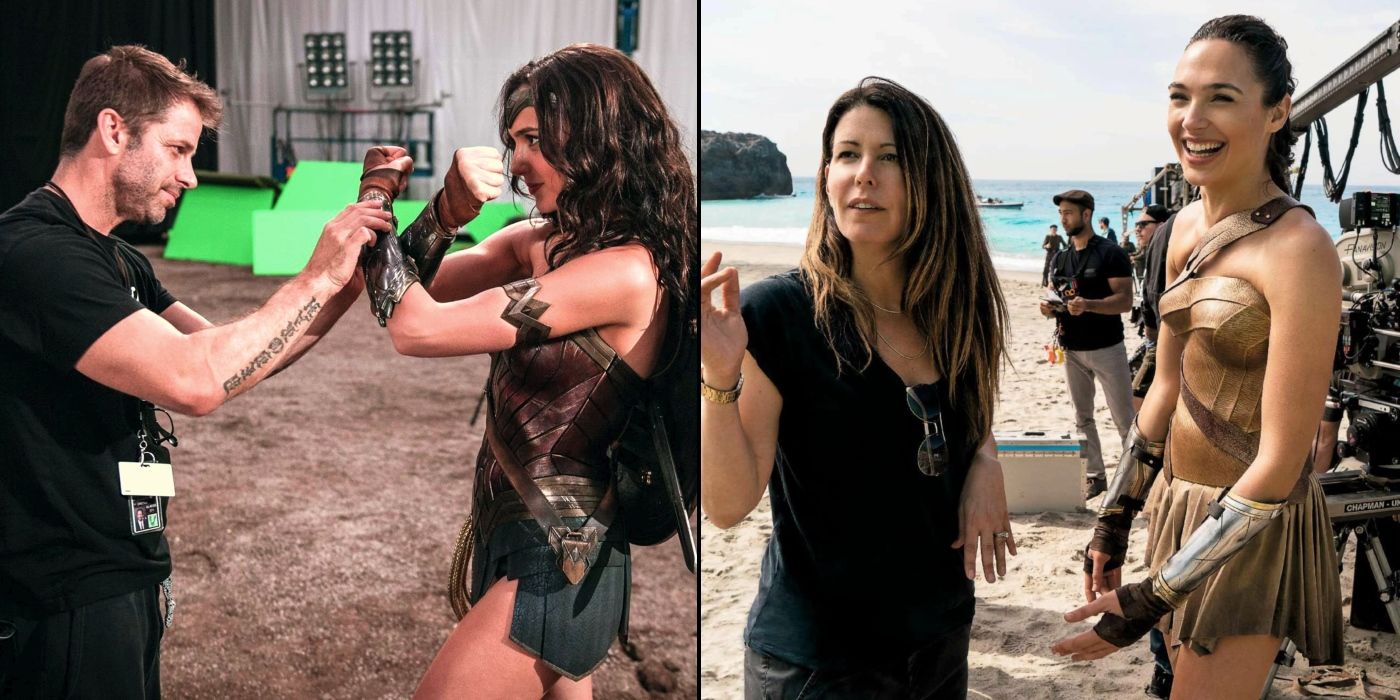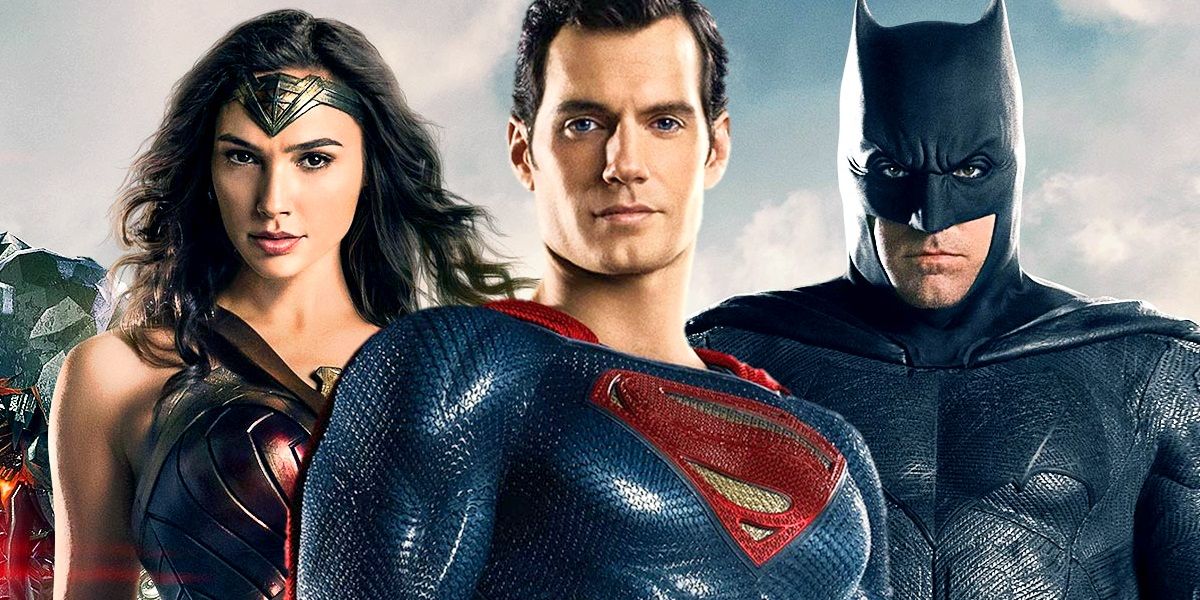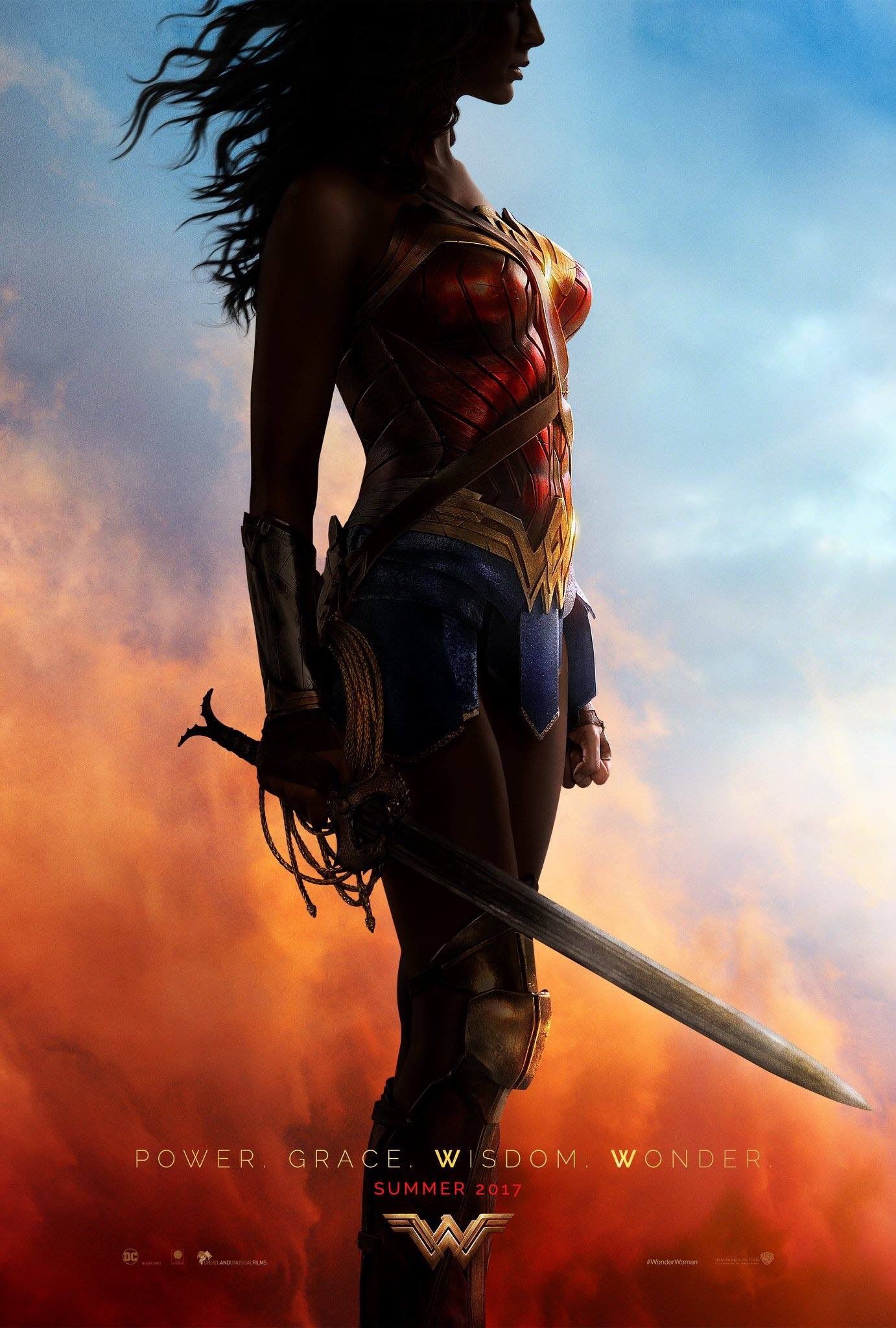It's a good day to be a fan of Wonder Woman... unless you're also a fan of the way the DCEU has taken shape so far. Because as yet another cruel result of Hollywood's 'shared universe' trend has shown, a single film or director's success or failure is bound to be applied to the films and directors occupying 'the same universe.' In the wake of the overwhelmingly positive reviews for Wonder Woman, the success of director Patty Jenkins was immediately used, by many, as an indictment of every film that wasn't hers. In particular, renewed calls were sent to remove Zack Snyder once and for all.
Unfortunately, this tendency for online fans/critics/trolls to turn every ray of sunshine into a hateful flame war is nothing new. In a perfect world, the conversation would be undeniably positive, as early reactions to Wonder Woman suggest the glass ceiling has been shattered for superheroines and female directors. But those arguing, once again, that Zack Snyder has been occupying a spot better suited to someone who "can make good movies" are missing a far bigger point. If Wonder Woman is the movie that will "save" the DCEU, then keeping Patty Jenkins and Zack Snyder as voices of its shared universe has never been more important.
Assuming the DCEU can be the shared movie universe fans hoped it would be, replacing one creative vision for another is the last thing they should do... and the last things any fan should want.
Wonder Woman's Success Is A Standalone Victory
We've spoken before about the modern online conversation and news cycle essentially poisoning talk of Zack Snyder and the DCEU, but whether deserving or not, it's time for Wonder Woman to stand on her own - the very thinking behind her origin story solo film. After being introduced in Batman V Superman (and stealing the show, given her limited screen time), Gal Gadot was paired with director Patty Jenkins to take on the beast of Hollywood sexism, and entrenched resistance to the idea that a female-led superhero movie could be a hit... and that a woman directing it would be a benefit, not a hindrance.
First and foremost, that's a victory for them both, as well as the production team, the studio, the surrounding cast, the audience... basically everyone wanting a billion-dollar movie studio to put a woman in the spotlight. The DCEU is where it happened, and director Patty Jenkins made Warner Bros. look brilliant for having the idea. Yet modern blockbuster fans know that films this size are a team effort, from the very top to the very bottom - and in a shared universe, directors, writers, and producers collaborate in unique fashion.
But it's the director who tells the story how they want to tell it, which means Wonder Woman deserves all the credit in this moment (and come release day).
Extending out from Jenkins's success, it seems the widespread concerns over WB's 'unorthodox' universe-building didn't have the full picture. Audiences were largely sold on Gadot's character, Diana's powers and grace, and ability to stand beside-- well, literally in front of DC's biggest heroes. The audience's curiosity was piqued, and her solo film chronicled her formative years in what early reviews call successful fashion. In this interconnected continuity and film catalogue, the success of Wonder Woman will ideally lead fans to look for new meaning in BvS, allowing one story to enrich even those that came before.
Enrich and, for some, outdo. There's no question that the early reactions to Wonder Woman are more uniformly positive than prior DCEU films, some of which may be expected given the return to a standalone origin story (as opposed to picking up stories with existing characters). But it's worth resisting the urge to define "directing a movie" as a standardized task, or equating an origin story to a team-up or ensemble film. Because several of the bloggers, critics, or general audience members who have seen Wonder Woman ahead of the masses are making their preferences in director known.
Every film's quality is subjective, but objectively stating that Patty Jenkins represents the "right" path ahead for the DCEU, and that Zack Snyder's time is up is overlooking one pretty big reality...
Zack Snyder's Vision For The DCEU Hasn't 'Failed'
By this point, we're not interested in "defending" the DCEU, since it truthfully doesn't need defenders. In the face of a critical consensus branding the DCEU's films and direction as, at best, unsuccessful, the audience and box office appear to disagree. Even with the hyperbolic online conversation surrounding the latest releases, the review scores of DCEU films have averaged out to "good" but not "outstanding," and earned an average of more than $700 million each. And if the public interest in new DCEU films, or the talent lining up to join it has taken a hit, we haven't seen it yet.
The critical community showing a majority of negative voices isn't ideal for any studio, but the public interest, online conversation, and box office receipts have at least raised the question of how much that matters. Yes, Zack Snyder's vision of superheroes, cinematic language, and re-imagining of DC characters may rub many the wrong way, and be seen as falling short of what modern superhero audiences expect or deserve in the eyes of many critics. But judging by the actual numbers and data, it seems just as valid to suggest that the DCEU is finding, and has found its audience.
That audience may simply not be the same one targeted by the highly-praised, family-friendly, brightly-colored superhero films being made by other studios. And in no uncertain terms, Patty Jenkins's Wonder Woman won't succeed despite taking place in the universe Zack Snyder helped create. The positive reactions are a reflection of the film itself - or should be - which exists alongside what came before. Clearly, not forced to adhere to some overarching "tone, attitude, or style" tailored to its audience - which is actually what many hoped a 'shared movie universe' would allow, as opposed to a line of direct sequels or spinoffs directed by the same creative team.
NEXT: [valnet-url-page page=2 paginated=0 text='How%20Snyder%20%26%20Jenkins%20Make%20The%20Perfect%20Pair']
Snyder & Jenkins: What Shared Universes Were Supposed To Be
So every comic book movie fan is clear, we're not suggesting that this is necessarily a 'better' way of doing things - we're just fine with the Russo Brothers and their writing team's rise from Captain America to overseeing the Avengers films. But when Hollywood (and Marvel, to a large extent) pitched the notion of separate films - from separate creators, telling distinct stories executing different visions - all making up a larger, coexisting universe... the idea of a single tone, direction, or sensibility was arguably the opposite of what was so compelling.
In the years since, both the Marvel Cinematic Universe and the new Star Wars films have inched closer together in tone and audience (a wise move for Disney)... but if a studio has an opportunity to pursue different styles, serving different but sizeable audiences, are modern movie fans truly going to argue that they shouldn't? And if that opinion is largely informed by the fact that one of those audiences doesn't include them, and the belief that each film should cater to their sensibilities... well, we've reached an odd time in the history of cinema as an art form.
Yes, Zack Snyder earned the ire of many fans and critics when he cast off pure fantasy or escapism for stories of mythic tragedy, modern xenophobia and extremism, and public unrest (from those who felt the DCEU shouldn't reflect our world so clearly). But with Wonder Woman setting Diana's first adventure against the horrors of World War I, it shouldn't come as a surprise that Patty Jenkins credits Snyder's vision of Diana, as well as a universe that invites other stories.
Here's how Jenkins described to Empire the challenge of crafting a story in the DCEU, starring an established character:
It's easier than that sounds, because there are hundreds of years between the films. And, because [Batman V Superman] is who she's going to become a long time in the future. I got to look at the story of the beautiful child and character that comes into this world, and there might even be some misconceptions about who she is later on. We may be reading into things in Batman V Superman in the future that aren't necessarily what you think they are. They're making Wonder Woman, and so was I. For me, I felt very supported in this vision.
Zack was making Batman V Superman simultaneous to making this, but he was very instrumental in the direction the film was going to take. That ended up leading to my signing on, because I know enough about these worlds now that unless we really have a shared vision, it's going to be two years of fighting, and who wants that? I had a very strong feeling of what kind of Wonder Woman film I'd want to make.
It's tempting to those who are certainly not 'fans' of Zack Snyder, or the DCEU's creative direction to view Patty Jenkins's film or sensibility in defiance of it, but she offers insight into the reality. The story of Wonder Woman (for which Snyder, among others, is credited) was a vision the two shared because they're both after the same depth, thematic texture, and real-world commentary. Yet they pursue and realize those stories in different ways, because... they're different filmmakers. Rather than fighting against that difference, the early reactions imply Warner Bros. - and the shared production team - embrace it.
And why wouldn't they? If Zack Snyder's perspective on DC's heroes as flawed, vulnerable, corruptible people living in a world capable of the same horrors as our own can find success among fans and general audiences, it's worth the conversation it creates. If characters explicitly defined by their unwavering compassion, dedication to justice, and a lifetime of leadership and duty can occupy that same universe, and deliver the optimistic, hopeful adventure different audiences (and critics) crave, even better.
Taking a stand that Warner Bros. should choose one or the other is a hard argument to make sound convincing, without arguing against the variety that made shared universes so preferable to endless sequels. And when you add in Jason Momoa as the King of Atlantis and Joss Whedon's Batgirl... well, saying the DCEU is "doomed" creatively or financially is a hard sell.
NEXT: Why Wonder Woman's Smaller Budget is a Blessing, Not a Curse
Source: Empire

